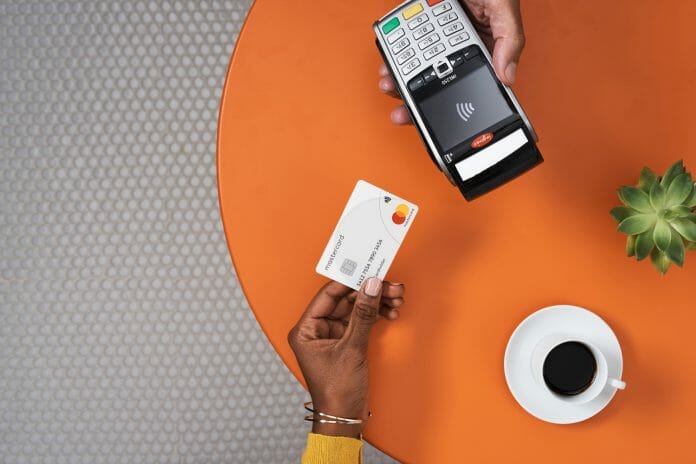According to the Mastercard Impact Studies, the Covid-19 outbreak has accelerated the rapid adoption of e-commerce, digital payments and preference for online activities.
The latest report which gathers inputs from consumers across 10 markets in the Asia Pacific Region, including Malaysia looks into the effects of the current circumstances on attitudes and behaviors among consumers and business professionals. Results have indicated a rise in digital activities especially online shopping.
“Nearly half of the consumers surveyed in Malaysia reported an increase in online shopping during the same period,” the report highlighted.
Malaysians have also spent more time online with top activities comprising surfing the net for news and entertainment (75 percent), followed by online video streaming (57 percent), social networking (55 percent) and home delivery of food or groceries (50 percent).
64 percent of Malaysians said they will conduct online shopping in the same frequency as currently or before the pandemic even after restrictions are lifted. A similar sentiment was seen among consumers expecting to continue home deliveries (54 percent) and working from home (45 percent).
Mastercard also observed a shift in payment methods, 40 percent of consumers had reported they were using mobile or digital wallets more, followed by contactless debit cards (26 percent) and contactless credit cards (22 percent). Cash usage however saw a decline since the beginning of the pandemic.
“The changes in purchasing habits marked a region-wide shift with other markets such as Singapore, Philippines and Thailand also reducing cash usage (67, 64 and 59 percent respectively), at the same time seeing a similar uptick in use among all contactless payment methods.
Even as organisations and markets prepare for recovery, consumer concerns over their safety and well-being will be at the forefront of any strategy—and this is evident in the way that consumers in Southeast Asia are now shopping and transacting. In these challenging times, By putting consumer sentiment and concerns at the core of all decisions, businesses and governments will be able to move with greater confidence from this current situation, and mitigate the adverse impact of future crises,” said Safdar Khan, Division President, Southeast Asia Emerging Markets, Mastercard.
In order to drive contactless uptake, Mastercard has launched the Tap & Go initiatives in Malaysia in collaboration with partners in grocery, petrol and transport categories, offering a safer, more convenient and seamless checkout. This enables Malaysians access to a contact-free payment method, as long as the card has the universal contactless symbol, the card is ready for them to make a quick tap on a contactless-enabled terminal with payment being completed within the fraction of a second.
The survey consisted of online interviews with 10,000 consumers across 10 markets in Asia Pacific, with nationally representative sample size of 300 to 2,000 respondents per market which included Australia, China, Hong Kong, Japan, Malaysia, Philippines, Singapore, South Korea, Taiwan and Thailand.
The research was conducted in March 2020 for the April report, and between April 2020 for the May report.









